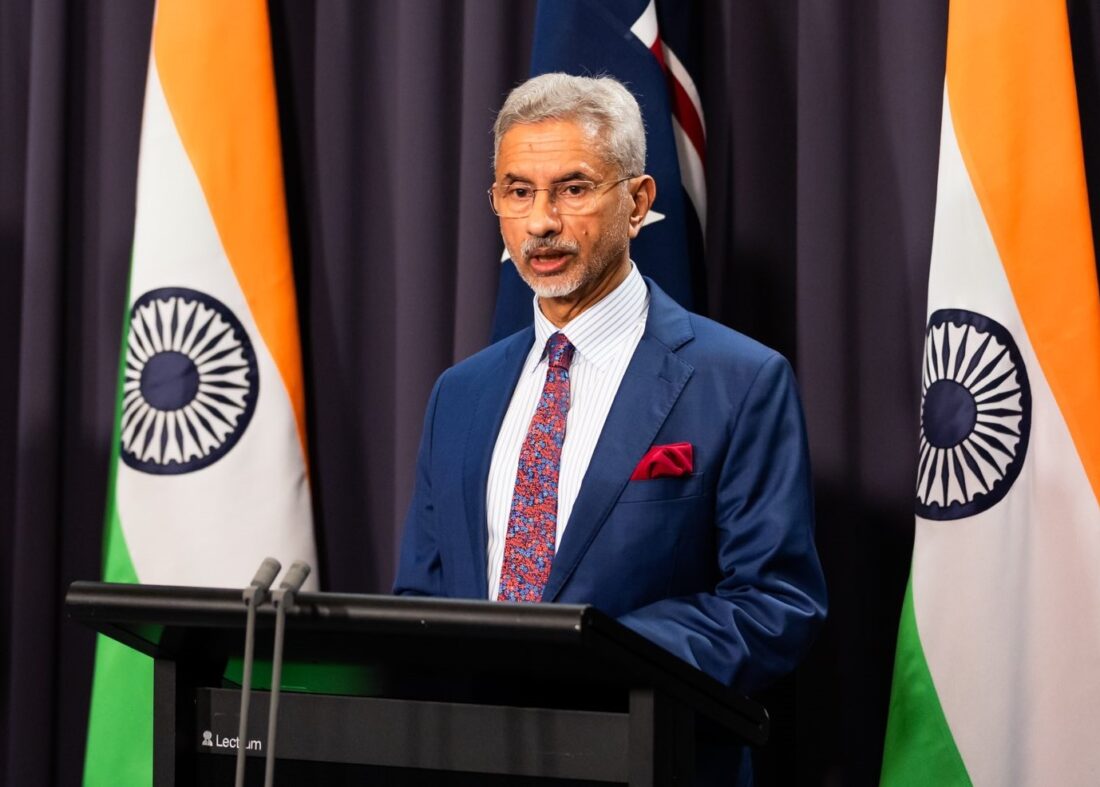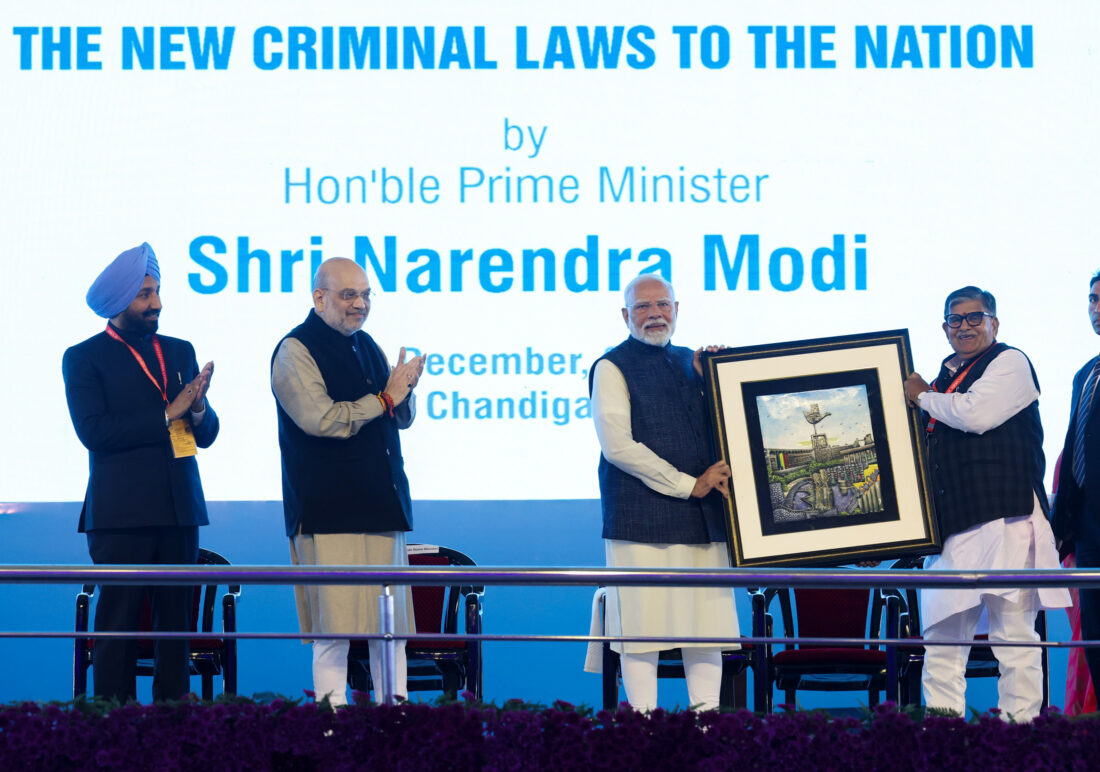North News
Mumbai, October 14
RBI Governor Shaktikanta Das cautioned on Monday about the dangers of over-reliance on artificial intelligence (AI) in the financial sector, noting that concentration risks arise when a few technology providers dominate the market. He warned that such dependence could amplify systemic risks, as failures or disruptions in these systems may affect the entire financial landscape. Additionally, the increasing use of AI introduces new vulnerabilities, including heightened exposure to cyberattacks and data breaches.
RBI Governor Das acknowledged that advancements in AI and machine learning (ML) have created new business opportunities for financial institutions but also pose significant financial stability risks. He emphasised that AI’s inherent opacity complicates the auditing and interpretation of the algorithms that inform critical decisions, potentially leading to unpredictable market outcomes. “Banks and other financial institutions must implement adequate risk mitigation measures against these threats,” he said. “Ultimately, banks should leverage the advantages of AI and Big Tech rather than allow the latter to take the lead.”
Highlighting recent technological advancements in digital payments, RBI Governor Das noted that while most innovations have focused on national retail payments, there has also been substantial growth in cross-border payment markets. The increase in cross-border worker remittances, the rising volume of capital flows, and the expansion of cross-border e-commerce have all acted as catalysts for this growth. He underscored the immense potential to reduce the cost and time associated with remittances, which are vital for many emerging economies, including India.
The RBI Governor pointed out that India stands out as one of the few major economies with a 24×7 real-time gross settlement (RTGS) system, suggesting that expanding this system to settle transactions in major trade currencies such as the USD, EUR, and GBP could be feasible through bilateral or multilateral arrangements. He also mentioned ongoing efforts by India and several other economies to enhance cross-border fast payment system linkages.
India’s robust digital public infrastructure (DPI) has enabled the creation of high-quality digital financial products, fostering potential for cross-border payments. With over 140,000 recognized startups and more than a hundred unicorns, India boasts the world’s third-largest startup ecosystem and has raised over $150 billion in funding. The RBI Governor expressed optimism that India’s DPI experience could be a model for other countries, driving a global digital revolution.
Central bank digital currencies (CBDCs) are another promising area that could enhance cross-border payments. India has launched both wholesale and retail CBDCs, exploring services like programmability, interoperability with the UPI retail fast payment system, and offline solutions for underserved populations.
















